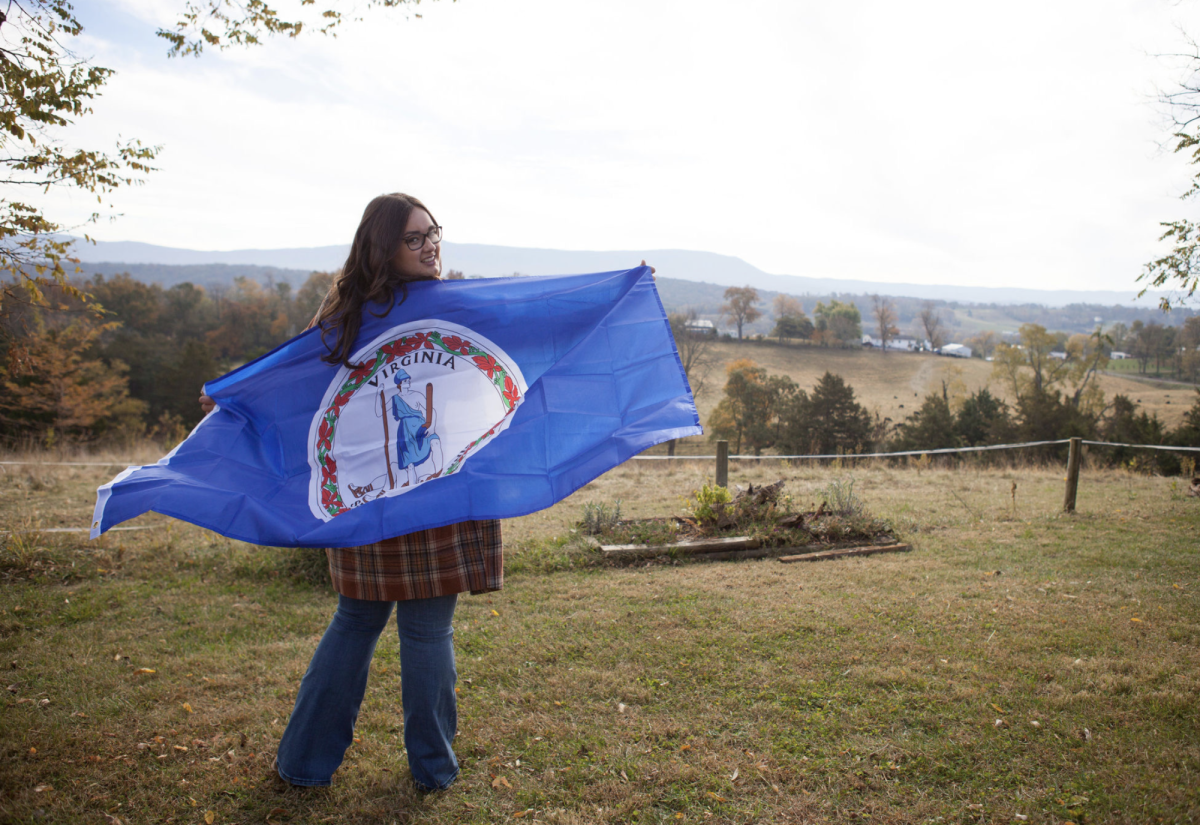Willa* ’25 knew returning to campus after break would be hard. As an international student from India, she would have to get a negative COVID-19 test within 24 hours of her departure to be able to fly. Given the unpredictability of receiving test results, this was a stressful situation. Willa’s stress increased when she learned seven hours before her Jan. 20 flight that she had tested positive.
“I was feeling an unordinary amount of exhaustion,” she said. “I just thought that was packing and having all these things going on, but I did have a little bit of doubt in my mind.”
What followed were extensive communications with the College, coupled with a fever Willa developed that same night. Unable to fly to campus, she began classes from home with a large time zone difference. The rest of her household also tested positive for COVID.
Willa’s situation was not unique. Anissa Mansour ’23 also shared her experience of contracting COVID and arriving late to campus. She tested positive the day before her original flight. However, since classes were remote that week, Mansour managed to quarantine at her house and attend online classes.
“I’m really thankful that everything was online,” Mansour said.
Mansour also noted that since she is from Florida, classes being held in the EST time zone was not an issue for her, unlike Willa and other students.
Whitney* ’25, another international student from India, was supposed to fly back to Boston on Jan. 19 but did not because she learned her close family members had COVID days before her flight. On Jan. 20, she tested positive herself.
“I had already planned to postpone my trip before I tested positive,” she said. “It turned out to be the right call.”
Whitney described COVID as feeling like an “intense case” of the flu. Her professors were accommodating, and she only missed one day of classes since she arrived on Jan. 31, the first day of in-person classes. She was originally supposed to arrive a day earlier, but the nor’easter on Jan. 29 delayed her flight. The snowstorm brought with it more than two feet of snow in Massachusetts towns, and it is described as one of the biggest snowstorms in the commonwealth’s history.
“It wasn’t that bad; I just missed the snowstorm and the sledding part, so that sucked,” Whitney said.
Mansour’s flight was also canceled due to the snowstorm, which was a stressful situation for her. She was able to arrive on Jan. 30 after much difficulty.
“I was really worried about class because everything was in person [by] that point,” she said. “They were not really budging [about refunding my canceled flight, and] I literally was on the phone for three hours. Thankfully the last person was like ‘we’re going to refund you.’”
After her arrival, adapting to a new schedule and organizing things for the next day was an exhausting and hectic process.
“Just unpacking my suitcase, putting my school stuff out, [and] remembering my routine back was kind of [exhausting],” she said. “Because I only had two hours to do it. I was tired after a flight, and COVID fatigue is very much a real thing.”
Although Whitney no longer has flu-like symptoms and fatigue, she has a lingering sore throat. Willa has no remaining symptoms. A doctor suggested Willa wait to return for a few more days after her mandated quarantine due to possible fatigue, so she scheduled her return flight for Feb. 10. It was also cheaper to fly then, and she was worried that it would take more than two weeks for her to test negative, since some people continue to test positive soon after recovery. However, the College told her she needed to come back by Feb. 4, the earliest possible date she could be out of quarantine.
“[My dean] told me I should consider taking a gap semester if I came after [Feb. 4] … I would’ve missed too many classes,” she said. “The dean was not very empathetic.”
As an international student, taking an unexpected leave of absence could be especially problematic because of visa expiration. Although Willa emphasized that her professors were kind towards her when she could not attend in-person classes, they refused to let her Zoom into her classes and did not explain why. However, they offered her additional office hours and sent her recordings from equivalent remote lectures from previous semesters.
After communications with Dean Brown, Slater International Center and student housing, Willa was able to come back on Feb. 4 with money from a college fund paying for her new flight. Although she is jet-lagged and a bit stressed about catching up with schoolwork, she is relieved the situation worked out but somewhat hurt by the way the deans handled her situation.
“There was so much pressure coming from the College,” she said. “Having a fever, having COVID at the same time was really stressful … I get that it’s really important to tell the College when you’re coming and all that … but you know, they didn’t even care after I booked my flight when I finally told them that I rebooked it. I got no reply back from anyone. They really just wanted to get the job done.”
*Names have been changed to maintain anonymity.





